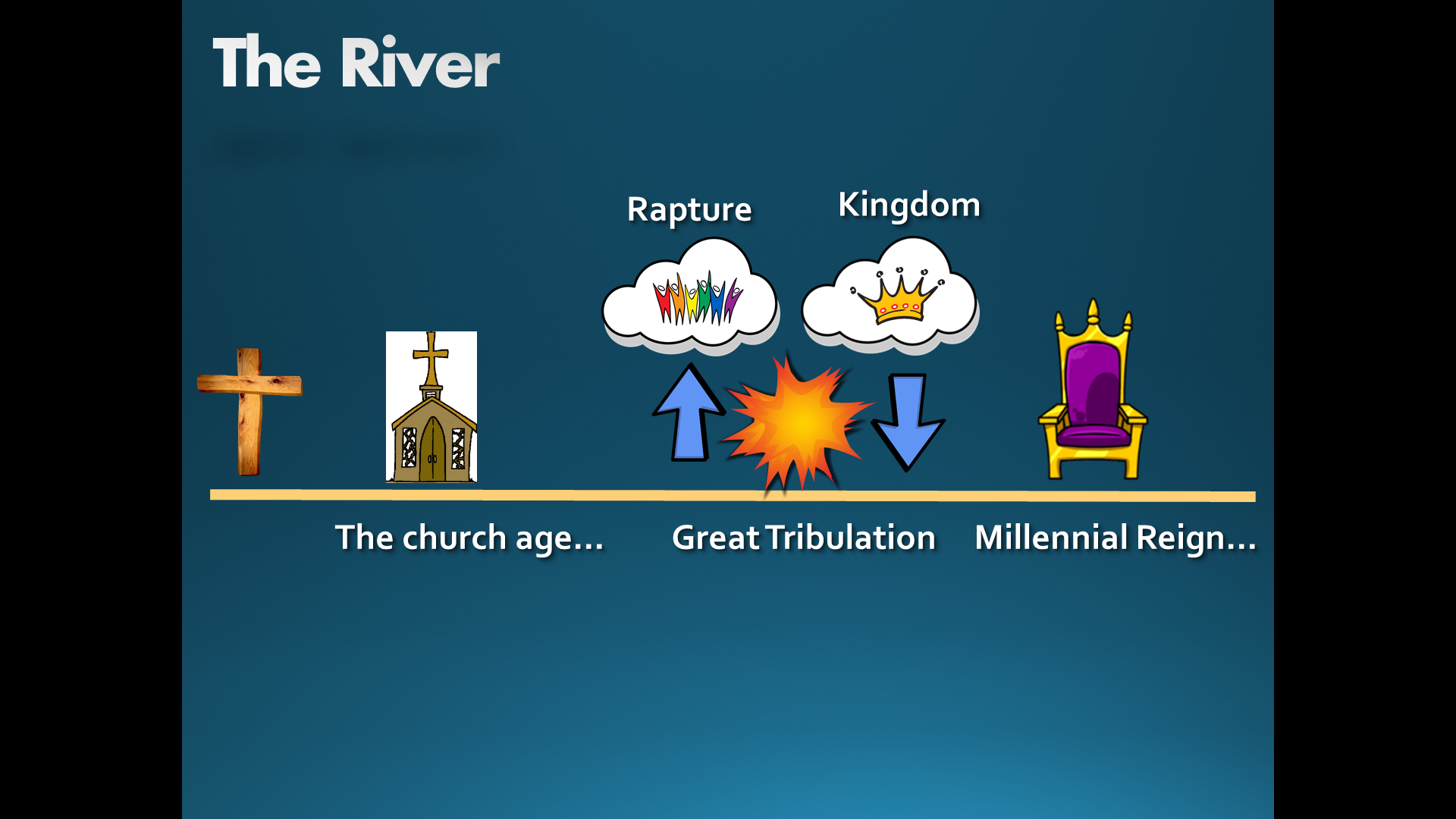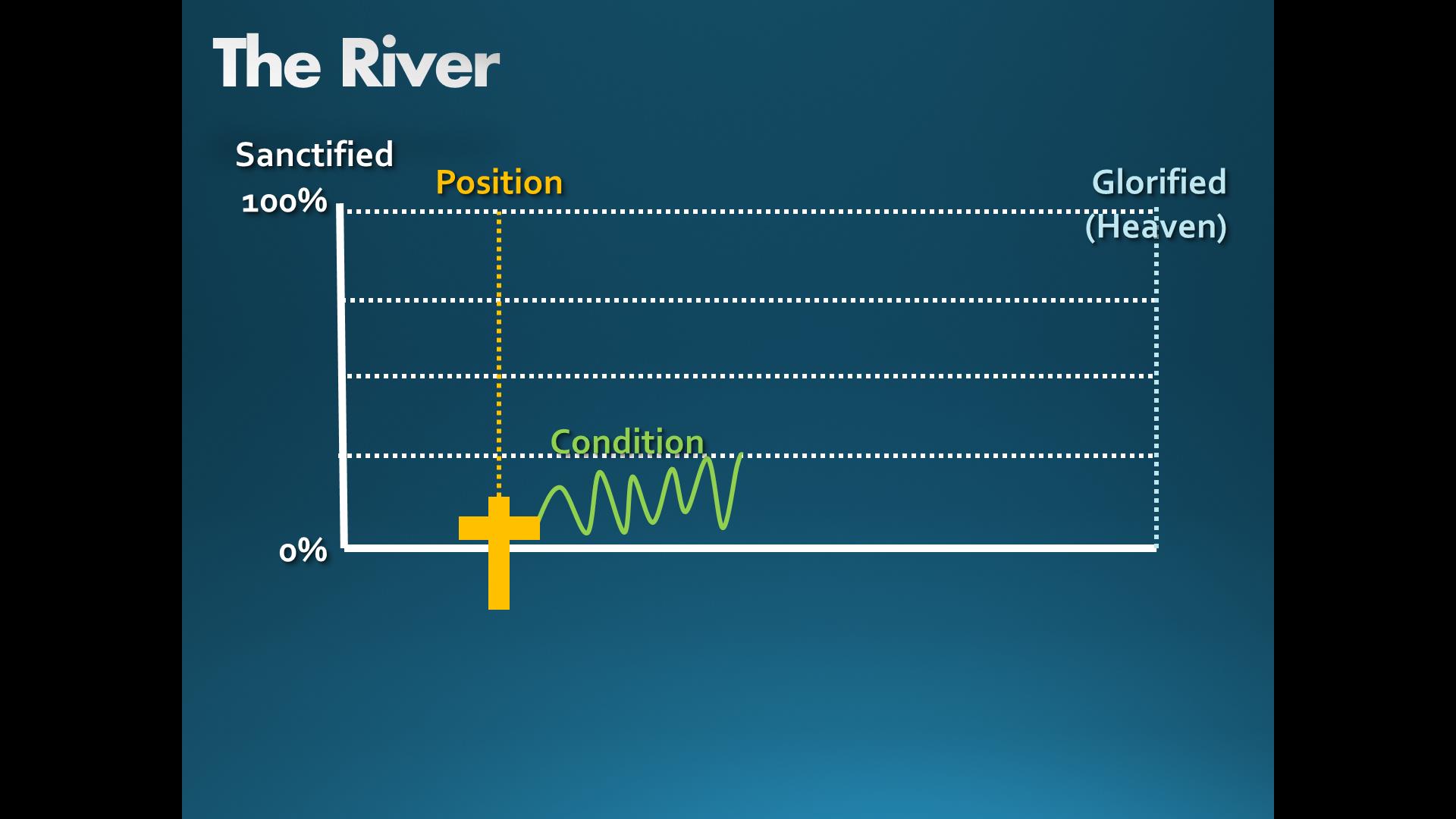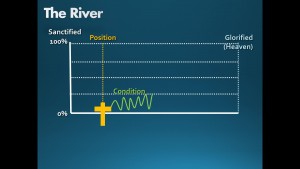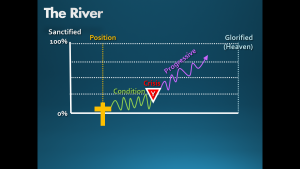 As the old year-ends and the New Year begins this is a time when thinking about things we might like to accomplish or experience comes naturally to us.
As the old year-ends and the New Year begins this is a time when thinking about things we might like to accomplish or experience comes naturally to us.
I don’t have an actual list, but Jacob and I have talked about a few things that we would like to do together sometime as a father and son. We want to attend a super bowl, a final four, a home run derby, a slam dunk contest, a world cup game, as you can see they pretty much all revolve around sports that we would like to see.
Well, today we are going to take a quick look at a couple of people from Scripture who had maybe a different kind of bucket list. Please turn with me in your Bibles to the Gospel of Luke, chapter 2. So over the last few weeks we have been looking at different parts of the traditional nativity story from the Bible. We looked at Mary’s magnificat, the story of the trip from Nazareth to Bethlehem and the birth of Jesus, and then also the visit of the Magi. I mentioned last week that I have a little bit of a pet peeve when it comes to the presence of the Magi in our traditional nativity scenes, not because I don’t like the story, but because everything that we read in Scripture suggests that they most likely arrived later, potentially when Jesus was closer to two years old. And yet many nativity scenes include the wise men with the shepherds at the manger with the baby Jesus.
Now as I mentioned last week, it is fine to consider them part of the nativity story, as long as we recognize the actual facts from Scripture compared to what we have made up over time. But one thing that I find really interesting is that there are a couple of other people who were most likely present much closer to Jesus’ birth when Jesus was still a baby compared to when the Magi showed up and yet while the Magi are included, these two people are not.
Simeon and Anna. We find their story in Luke 2 right after the passage on the shepherds. “22 And when the time came for their purification according to the Law of Moses, they brought him up to Jerusalem to present him to the Lord 23 (as it is written in the Law of the Lord, “Every male who first opens the womb shall be called holy to the Lord”) 24 and to offer a sacrifice according to what is said in the Law of the Lord, “a pair of turtledoves, or two young pigeons.” 25 Now there was a man in Jerusalem, whose name was Simeon, and this man was righteous and devout, waiting for the consolation of Israel, and the Holy Spirit was upon him. 26 And it had been revealed to him by the Holy Spirit that he would not see death before he had seen the Lord’s Christ. 27 And he came in the Spirit into the temple, and when the parents brought in the child Jesus, to do for him according to the custom of the Law, 28 he took him up in his arms and blessed God and said, 29 “Lord, now you are letting your servant depart in peace, according to your word; 30 for my eyes have seen your salvation 31 that you have prepared in the presence of all peoples, 32 a light for revelation to the Gentiles, and for glory to your people Israel.” 33 And his father and his mother marveled at what was said about him. 34 And Simeon blessed them and said to Mary his mother, “Behold, this child is appointed for the fall and rising of many in Israel, and for a sign that is opposed 35 (and a sword will pierce through your own soul also), so that thoughts from many hearts may be revealed.” 36 And there was a prophetess, Anna, the daughter of Phanuel, of the tribe of Asher. She was advanced in years, having lived with her husband seven years from when she was a virgin, 37 and then as a widow until she was eighty-four. She did not depart from the temple, worshiping with fasting and prayer night and day. 38 And coming up at that very hour she began to give thanks to God and to speak of him to all who were waiting for the redemption of Jerusalem.”
So like I said, this story is from when Jesus was still a baby, most likely much closer to his actual birth than the story of the Magi. Take a look at verse 22: “22 And when the time came for their purification according to the Law of Moses, they brought him up to Jerusalem to present him to the Lord”
So this law is recorded for us in Leviticus 12 where it speaks of what to do after a woman conceives a child. If the child is a boy, they are to wait 40 days and then bring him to the priest and offer a sacrifice. The sacrifice is actually to be a lamb for a burnt offering and a pigeon or turtledove for a sin offering, although if they can’t afford the lamb, they can bring two pigeons or two turtledoves, which is what we see Mary and Joseph bringing here. So this is taking place when Jesus is about six weeks old. He is still a baby, which is why I think that Simeon and Anna kind of get the raw end of the deal being left out of most of our nativity story pictures. But that is not my main point.
I have been working through the book of Luke lately in my devotions and I came across this passage, on December 22. And so I just thought for a short devotional message today before our time of communion and sharing, it would be good to share something from my recent devotions. The thing that really jumped out at me is the devotion of Simeon and Anna.
Let’s take another look at Simeon “25 Now there was a man in Jerusalem, whose name was Simeon, and this man was righteous and devout, waiting for the consolation of Israel, and the Holy Spirit was upon him. 26 And it had been revealed to him by the Holy Spirit that he would not see death before he had seen the Lord’s Christ. 27 And he came in the Spirit into the temple, and when the parents brought in the child Jesus, to do for him according to the custom of the Law, 28 he took him up in his arms and blessed God and said, 29 “Lord, now you are letting your servant depart in peace, according to your word; 30 for my eyes have seen your salvation 31 that you have prepared in the presence of all peoples…”
The Holy Spirit has revealed to Simeon that he will not die until he lays eyes on the Messiah. And he is perfectly content with that. Then Joseph, Mary and Jesus show up and he has the opportunity to take the baby Messiah and hold him in his arms. Imagine what that must have been like. And then he says that now he can die in peace because he has seen God’s salvation. God has fulfilled his promise and let him see the Messiah. How cool is that? He didn’t get to see Jesus grow up. He never got to hear any of Jesus’ sermons or witness any of Jesus’ miracles. He didn’t see Him die for the sins of mankind. All he really got to do was hold a baby. How did he know that this was the Messiah? Only because the Holy Spirit inside of him was letting him know. He was so in tune with God that he knew.
I don’t know about you, but I want to be that in tune with the Holy Spirit inside of me that I know what God is saying and doing without having to see some kind of tangible evidence. Everyone else around them just saw Jesus as a baby, but Simeon recognized the Messiah. That is pretty cool. I want to be like Simeon.
There is a lot more we could probably get into here, but since this is just a devotional, I am going to skip over to Anna. Take a look at verses 36-38: “36 And there was a prophetess, Anna, the daughter of Phanuel, of the tribe of Asher. She was advanced in years, having lived with her husband seven years from when she was a virgin, 37 and then as a widow until she was eighty-four. She did not depart from the temple, worshiping with fasting and prayer night and day. 38 And coming up at that very hour she began to give thanks to God and to speak of him to all who were waiting for the redemption of Jerusalem.”
So Anna is also an amazing character. She is an elderly lady and has been a widow for quite some time. We don’t know exactly when she got married, but many girls in that time got married as teenagers so she was probably pretty young when she became a widow. And for who knows how long she has been basically living at the temple, worshipping, fasting, and praying night and day.
Anna maybe got some strange looks from passersby. Even other church going passersby probably looked at Anna as pretty extreme. You know those people in church who are so devout, so focused on God that they are maybe a little out of touch with the rest of the world? Let’s be honest with ourselves right now. How many of us have seen or known someone that seemed to be a little extra Jesus freaky in the church? You know what I am talking about? Like they seem kind of religiously kooky? And so maybe sometimes we avoid them a little bit, or look at them a little bit strange? I bet she had many people who avoided her or didn’t know what to think about her. But look at her now. We can really see the hand of God with her in this passage. And it makes me wonder if sometimes there are people that we pass by who seem a little religiously kooky to us and yet maybe we are missing out on their connection with God?
I guess this passage just shows off to me two amazing people who are often overlooked and yet God was at work in their lives in an amazing way. Probably not very many people at that time noticed what was happening with Simeon and Anna as they met Jesus. And sometimes even today we skip over their story to get to some more interesting ones. But there is something really cool about Simeon and Anna. I don’t think they probably had a bucket list, but I would imagine that if they did, seeing the Messiah would probably have been on the top of the list. I think that God was more important to them than anything else in their lives. They lived for him. And it is great that we get to read their story, and be inspired by their devotion.












 Join us Friday and Saturday, July 29-30 at City Square Park in downtown Chaska for River City Days. Every year we have a booth where we hand out FREE balloon animals and connect with the community. Last year we went through 1,300 balloons and connected with some great people. It is a lot of fun to see the faces of the kids who love our balloons. Each year we hear from parents who tell us that their kids remember us from the year before. If you are in the area, come on by and say, “Hi!”
Join us Friday and Saturday, July 29-30 at City Square Park in downtown Chaska for River City Days. Every year we have a booth where we hand out FREE balloon animals and connect with the community. Last year we went through 1,300 balloons and connected with some great people. It is a lot of fun to see the faces of the kids who love our balloons. Each year we hear from parents who tell us that their kids remember us from the year before. If you are in the area, come on by and say, “Hi!”





